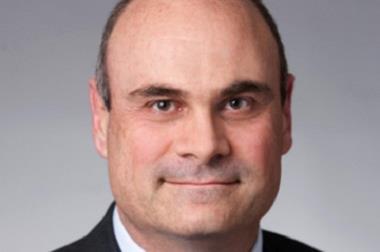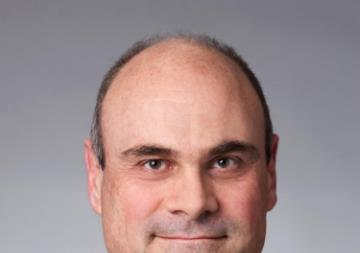Analyst says actions not enough to turn around underperforming P&C business

AIG’s announcement of massive share buybacks and a radical restructuring won’t be enough to satisfy rebellious shareholders, according to investment bank Sanford Bernstein.
Chief executive Peter Hancock (pictured) announced on Tuesday that AIG would return $25bn to shareholders by 2017, float up to 20% of its United Guaranty Corp mortgage insurance business and sell off its AIG Advisor subsidiary.
Hancock announced $1.6bn cost cutting over two years and plans to split off underperforming legacy businesses in a “good bank/bad bank” structure.
He also said the company has injected $3.6bn into its non-life reserves in the fourth quarter, and promised to improve the commercial property and casualty accident year loss ratio by six points.
The measures were aimed at fending off a shareholder revolt led by corporate raider Carl Icahn, who has called for the group to be split into three, and for the resulting savings to be returned to shareholders.
But the actions won’t be enough to turn around the group’s underperforming property and casualty business, according to Bernstein analyst Josh Stirling.
“While the company has shown it is trying to be responsive to its shareholders’ angst, the changes management has introduced appear to be much less dramatic than what we believe AIG’s shareholders were generally looking for,” Stirling said.
“We’re not sure the firm’s planned changes in P&C are significant enough to move the needle and finally fix this underperforming business.
“The company’s underperforming P&C business faces major challenges, and the company needs bold thinking if it is to finally tame its underwriting and expense problems,” he said.
“The major reserve charge calls into question recent years’ underwriting,” he added.
“While we’re hopeful about the new approach, until they pivot to putting underwriting and margins first, and shrink as much as they need to achieve their goals, we think the turnaround of their P&C business will continue to lag, and the firm to operationally underperform.”














No comments yet